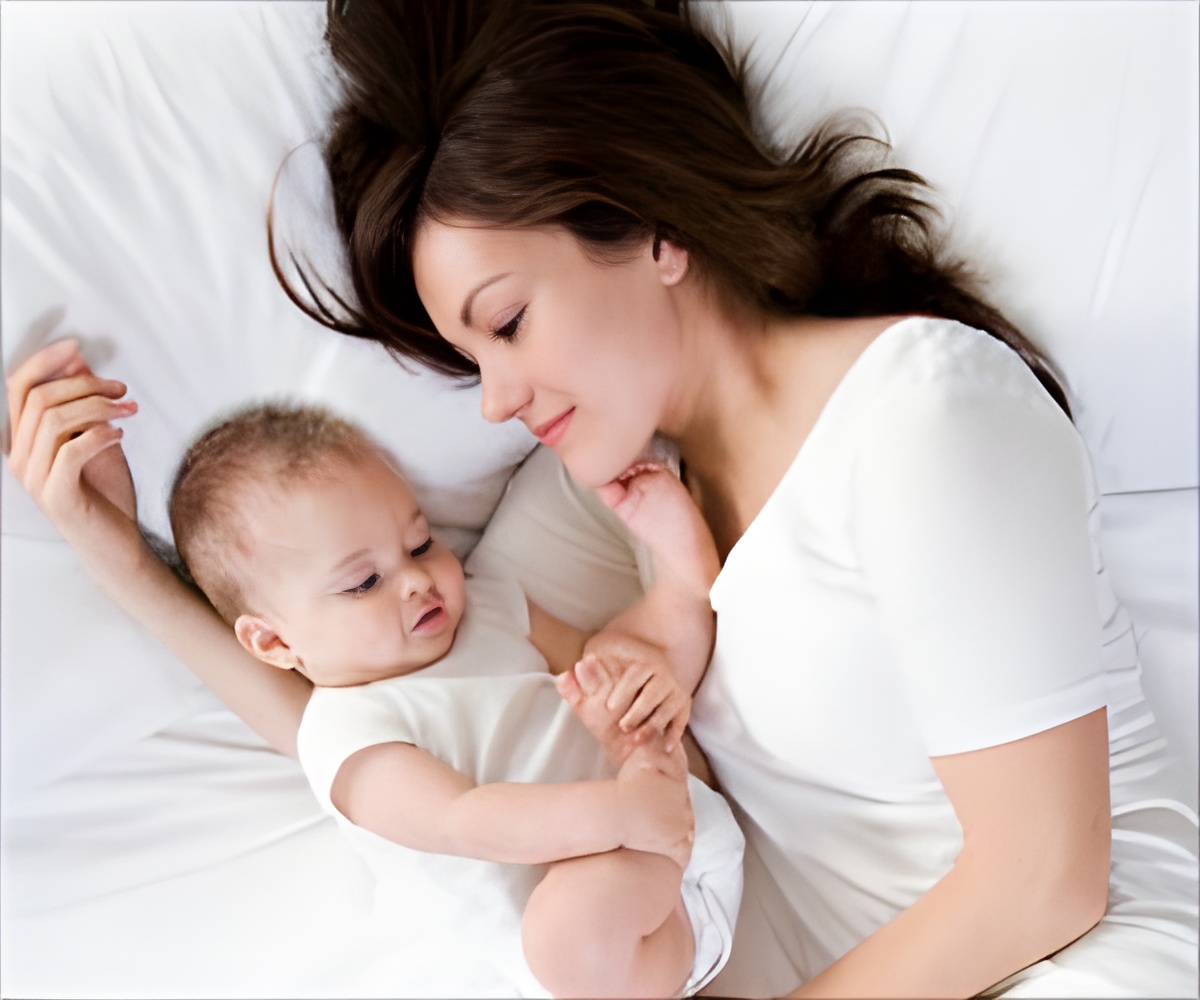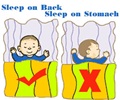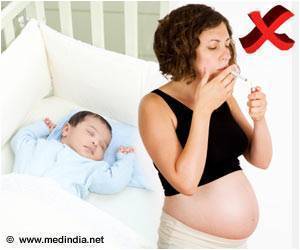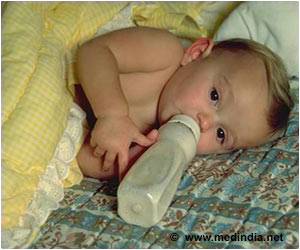Although teenage mothers know the recommendations in regards to safe sleeping practices, many deliberately do not follow these recommendations.

TOP INSIGHT
Teenage mothers believe that their instincts were more accurate than anyone else's, even when those instincts are in direct contradiction to expert advice and safe sleep recommendations.
Most of the teenage mothers were familiar with SIDS and the recommendations against co-sleeping and the use of blankets and pillows in the baby's sleeping area. Despite this, co-sleeping and the use of soft bedding, especially blankets, were extremely common.
The most prevalent reasons given for co-sleeping were the perception that babies seemed to sleep better and were safest in bed with them; many mothers used blankets because they were concerned that babies would be cold and they thought that babies are more comfortable with blankets. All of the teenage mothers believed that their instincts were more accurate than anyone else's, even when those instincts are in direct contradiction to expert advice and safe sleep recommendations.
Although first time mothers typically feel timid and uncertain, the teenage mothers in the focus groups displayed an almost cavalier confidence in their ability to decide the right thing to do regarding sleep practices. "We learned that almost all teenage mothers were already aware of the recommendations," notes Dr. Caraballo, "yet they were making deliberate decisions to practice unsafe behaviors."
New approaches, including making sure healthcare providers are providing accurate, consistent information and innovative public service announcements targeting teenage mothers, should be considered to improve safe sleep behaviors in this high-risk group.
Source-Eurekalert
 MEDINDIA
MEDINDIA




 Email
Email





